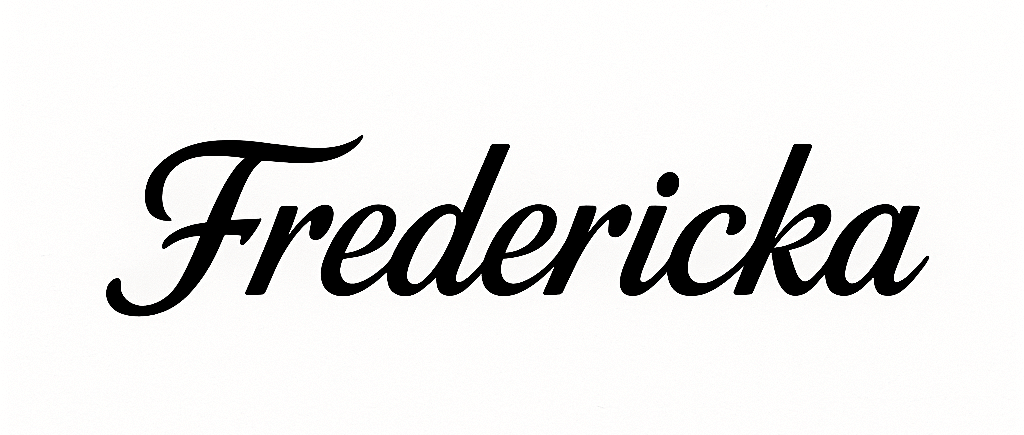LAW TIP
If someone makes a deal for another person and clearly says so, the person they represent(principal) – not them- is responsible, as long as they act within the limits of the authority they were given. ATUGUBA & ASSOCIATES v SCIPION CAPITAL (UK) LTD & ANOR. (J4/04/2019) (3/4/2019)
QUOTE FROM JUDGEMENT
“The underlying principle of the concept of agency is the power of a person known as an agent to alter his principal’s legal relations with third parties. The scope of an agent’s liability for the default of his principal under a contract with a third party is considerably determined by the disclosure or otherwise of the principal to such third parties. According to Markesinis and Munday, in their write-up titled: An Outline of the Law of Agency, London Butterworths, at page 120: “Where an agent, acting within the scope of his authority, contracts with a third party on behalf of a disclosed principal, direct contractual relations are established between the principal and the third party. The principal can therefore sue and be sued by the third party on the contract which the agent has made on his behalf. This principle is fundamental to the law of agency and, indeed, the basic purpose of agency always was to bring the principal and third party into direct contractual relations with one another.” ATUGUBA & ASSOCIATES v SCIPION CAPITAL (UK) LTD & ANOR. (J4/04/2019) (3/4/2019)
LAW TIP
Private communication with a judge of a case without the opposing side is unethical, unfair, undermines justice and prohibited. ATUGUBA & ASSOCIATES v SCIPION CAPITAL (UK) LTD & ANOR. (J4/04/2019) (3/4/2019)
QUOTE FROM JUDGEMENT
“The rules of judicial conduct in Ghana prohibit judges from engaging in ex parte communications. Lawyers are also prohibited by the rules of legal ethics from communicating with a judge in the absence of the opposing counsel. Ex-parte communication is an attempt to overreach the opposing party and influence the judge to decide in favour of the party making the contact. An ex-parte communication undermines the fairness of the justice delivery system and an ongoing judicial proceeding, and creates a dent in public trust in the legal and court system. We wish to state that the justice delivery system is the last hope of the citizenry in a democracy. When everything else fails them, the justice delivery system should not fail them. It is, therefore, important that rules put in place for the justice system to thrive and serve the citizenry without fear or favour are respected by all, Ghanaians and foreigners alike.” ATUGUBA & ASSOCIATES v SCIPION CAPITAL (UK) LTD & ANOR. (J4/04/2019) (3/4/2019)
LAW TIP
When someone sends an offer by email and the other person replies to accept it, that’s a valid and enforceable contract.
QUOTE FROM JUDGEMENT
“Without prejudice to the pending matter before the High Court, we hold that email communication sent by one party making an offer, which said offer is accepted, by the other party also by email constitutes a binding contract enforceable at law.” ATUGUBA & ASSOCIATES v SCIPION CAPITAL (UK) LTD & ANOR. (J4/04/2019) (3/4/2019)
LAW TIP
There are no rigid rules on exercising discretion as a judge. However the judge must act fairly, guided by the facts, law, and justice of each case. ATUGUBA &ASSOCIATES v SCIPION CAPITAL (UK) LTD & ANOR. (J4/04/2019) (3/4/2019)
QUOTE FROM JUDGEMENT
“Whether the application should be granted or not, was a matter for the exercise of the trial Judge’s discretion. There are no fixed rules on how discretion is to be exercised. Each case must be considered on its peculiar facts and circumstances against the backdrop that such discretion is exercised judicially and in the interest of justice.” ATUGUBA & ASSOCIATES v SCIPION CAPITAL (UK) LTD & ANOR. (J4/04/2019) (3/4/2019)
LAW TIP
An appellate court may only interfere with a trial judge’s discretion if it was based on wrong facts, ignored key evidence, or misapplied the law. ATUGUBA & ASSOCIATES v SCIPION CAPITAL (UK) LTD & ANOR. (J4/04/2019) (3/4/2019)
QUOTE FROM JUDGEMENT
“Generally, an appellate court should be slow in interfering with the exercise of discretion by a trial court in so far as the Judge has not misdirected himself by taking into consideration irrelevant or unproved matters, or omitting to consider relevant matters. Thus, in this Court’s case of Prince William Tagoe v Albert Acquah; Civil Appeal No. J4/24/2008, dated 11th March, 2009 (Supreme Court) (unreported), Anin-Yeboah JSC, delivering the unanimous verdict of the Court cited with approval the English case of Blunt v Blunt [1943] 1 A.C. 517 and held as follows: “This court as an appellate court can only intervene with the exercise of the discretion if it could be shown that the discretion was exercised on wrong or inadequate material placed before the court which exercised the discretion or if it could also be demonstrated that the court gave no weight to the relevant matters and ignored relevant material in arriving at its decision. If the lower court’s decision was also based on a misunderstanding of the law or on inferences that particular facts existed or did not exist when in fact evidence shows to be wrong, this court can interfere.” Atuguba & Associates V. Scipion Capital (UK) Ltd and Anor. (J4/04/2019) (3/4/2019)
